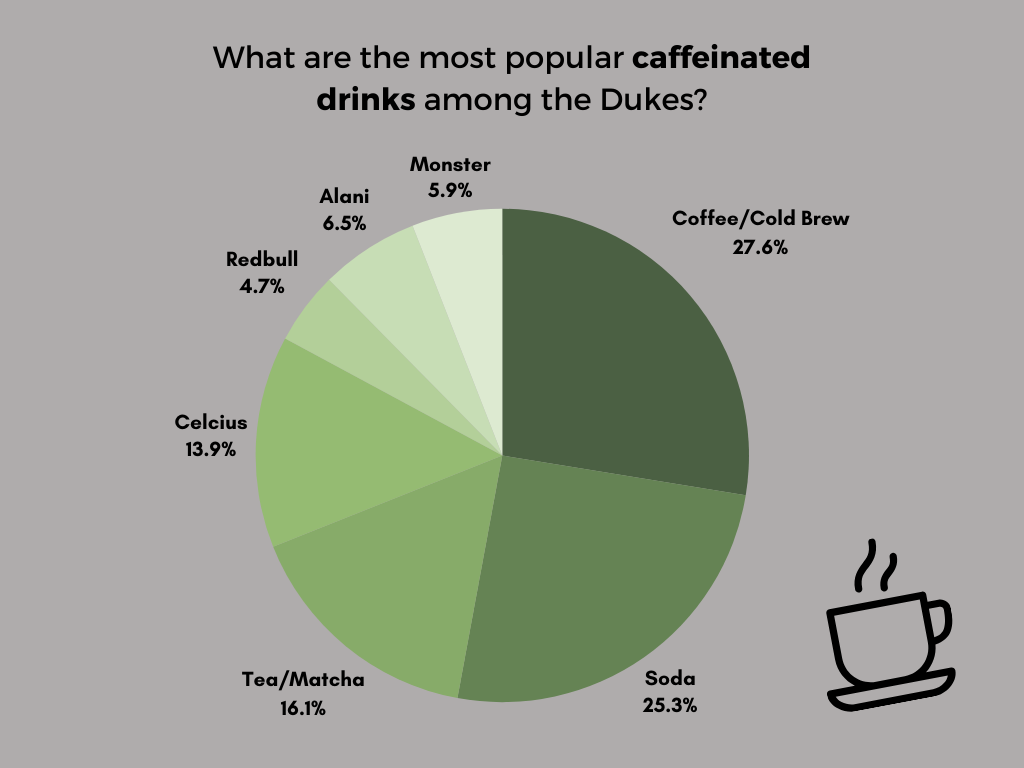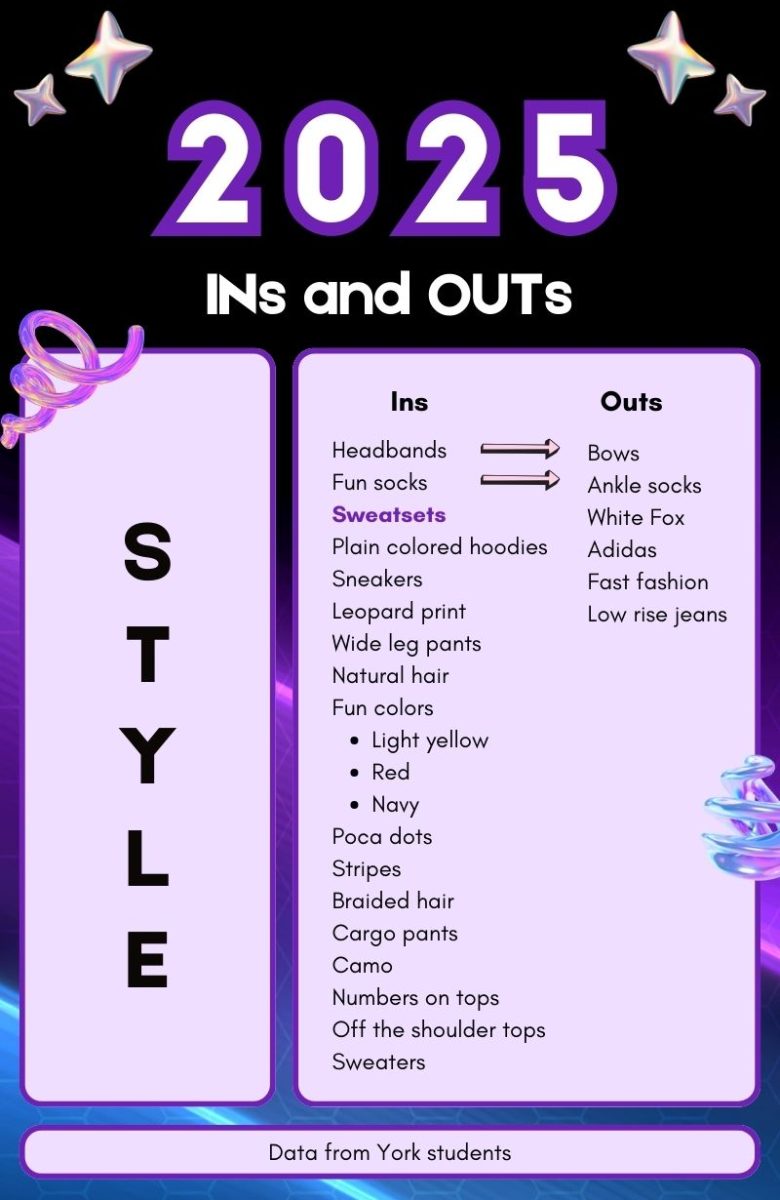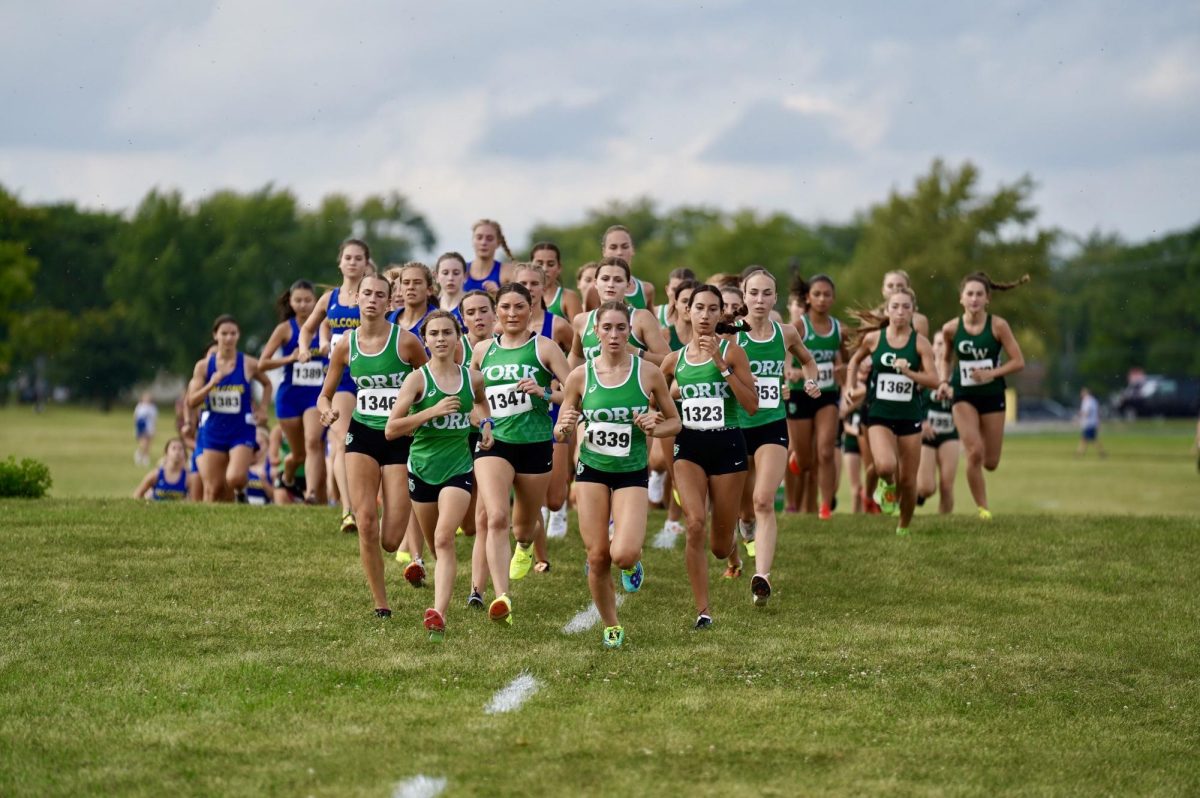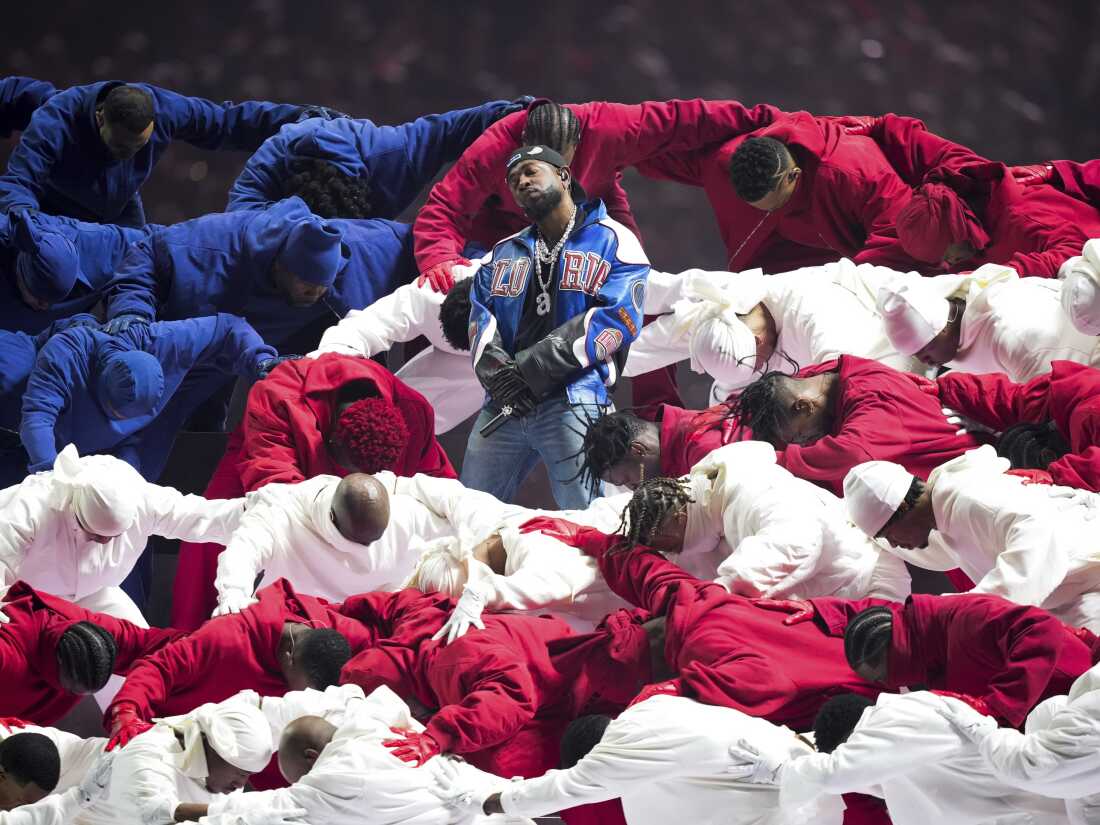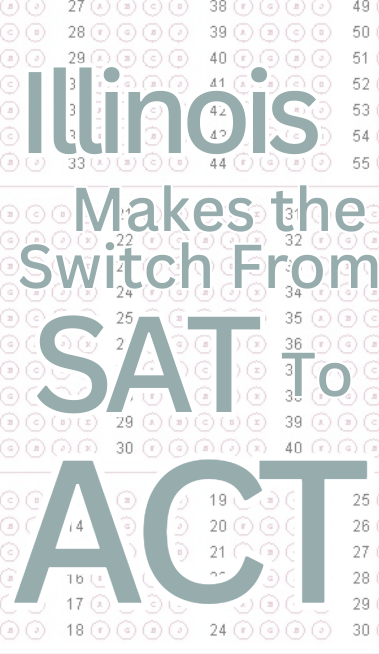If you’re anything like me, you have spent many sleepless nights mindlessly scrolling on TikTok and end up regretting your decision when your alarm starts blaring in your ear at six a.m. On days like these it seems like the only option is to find some caffeinated beverage in order to make it through all eight periods. However, when does this need for caffeine become concerning? Teenagers are recommended to consume 100 milligrams or less of caffeine daily, according to UT Physicians, only half of what is found in popular energy drinks such as Celsius and Alani.
In a recent survey, roughly two-thirds of students stated they drink caffeinated beverages, a majority of which being freshman and sophomores. Many underclassmen may find it hard adjusting to a new school and more rigorous courses, especially when considering the introduction of AP classes. These students may feel the need to consume caffeine in order to focus in class or stay up late studying.
Almost 60% of students agreed that they need caffeine to focus in school at least a little bit. This reliance on caffeine can create a toxic environment at school and leave students feeling exhausted and drained. Additionally, 78% of caffeine-consuming students shared that they drink caffeinated beverages before or during school hours. Although caffeine can help you focus in class, it can also increase anxiety and cause dehydration, according to the CDC.
However, drinking caffeine isn’t inherently bad. When consuming an appropriate amount, it is common to feel an energy boost and better memory. It’s specifically when consuming more than the recommended amount that students may start to feel negative side effects. Unfortunately, roughly 62% of caffeine-drinkers at York drink over the recommended 100 milligrams of caffeine daily.
If you find yourself becoming reliant on caffeine, it may be time to end this habit. Slowly easing off of caffeine over many days can help students reduce daily consumption without going cold-turkey, according to Sutter Health. Replacing highly caffeinated beverages with teas and decaf coffee can also help reduce caffeine cravings.
All-embracing, it’s normal for students to lean on caffeine when dealing with a rigorous course load or busy schedule. However, it never hurts to identify daily habits and wean off of them if they’re causing you harm. And, if you still need a way to wake up energized after spending a little too much time on TikTok the night before, try jump-starting your day with a nutritious breakfast, cold shower, or head to bed a little earlier. I promise TikTok will be there tomorrow morning.


